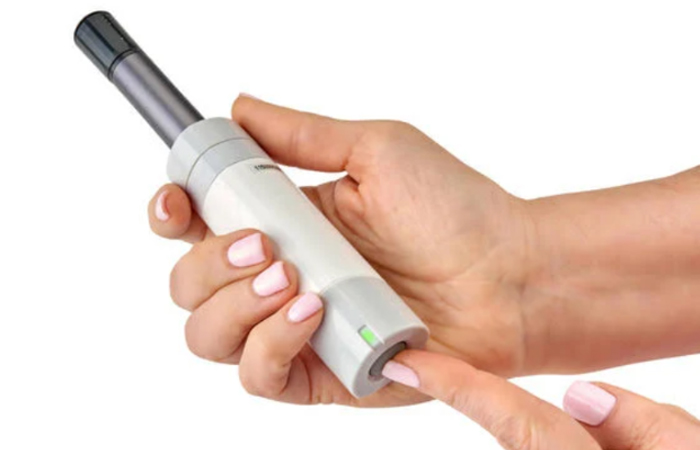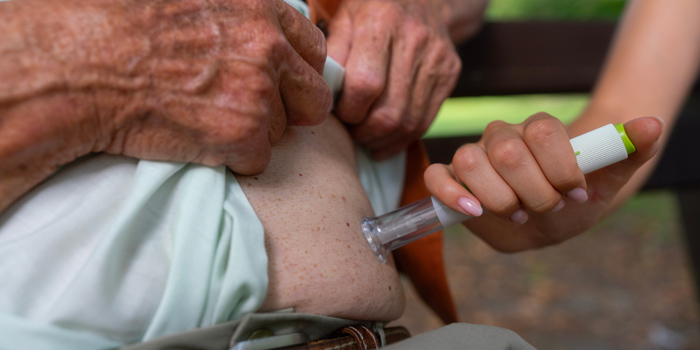With nearly 1 in 3 adults over 65 living with diabetes, caregivers play a vital role in ensuring insulin is stored, handled, and administered safely. Whether you’re supporting a parent, spouse, or client, understanding the basics of insulin management can help prevent complications and lead to better care.
Storage Matters: What Every Caregiver Should Know
Most insulin pens, such as Novolog FlexPens, are good for 28 days once opened, provided they’re stored at room temperature (below 86°F). After that, even if the pen appears to be fine, its effectiveness can decline, putting your loved one at risk.
Caregiver Tips:
- Mark the date of first use directly on the pen or in a medication log.
- Store pens in a cool, dry place—never in direct sunlight or a hot car.
- Skip refrigeration after opening; it’s not needed and may affect dosing.
For caregivers in warmer climates or managing outdoor routines, the VIVI Cap 1 is a game-changer. This battery-free device keeps insulin at safe temperatures using advanced insulation—no ice packs, no charging, just reliable protection.

Debunking Insulin Myths
It’s tempting to think expired insulin is “better than nothing,” but degraded insulin can lead to dangerous highs in blood sugar, fatigue, confusion, or even hospitalization. Another myth? That insulin must always be refrigerated. In reality, once opened, most pens are designed for use at room temperature for approximately four weeks.
Supporting Seniors with Diabetes
Managing diabetes in older adults involves more than just insulin — it’s about establishing routines, monitoring, and providing emotional support.
Caregiver Strategies:
- Use medication reminders to ensure timely administration. This is somewhat simpler if fast-acting insulin is closely tied to mealtimes.
- Watch for signs of low blood sugar, which may be harder to detect in seniors. Look for sweating, tremors, and general weakness.
- Encourage gentle movement—walking, gardening, or chair exercises.
- Check feet regularly for unnoticed injuries or infections.
- Leverage tech tools like voice assistants or glucose monitors to promote independence.
Safety Management
Insulin safety is a shared responsibility. With the right tools and knowledge, caregivers can help seniors manage diabetes confidently, reducing stress, avoiding emergencies, and improving quality of life.

